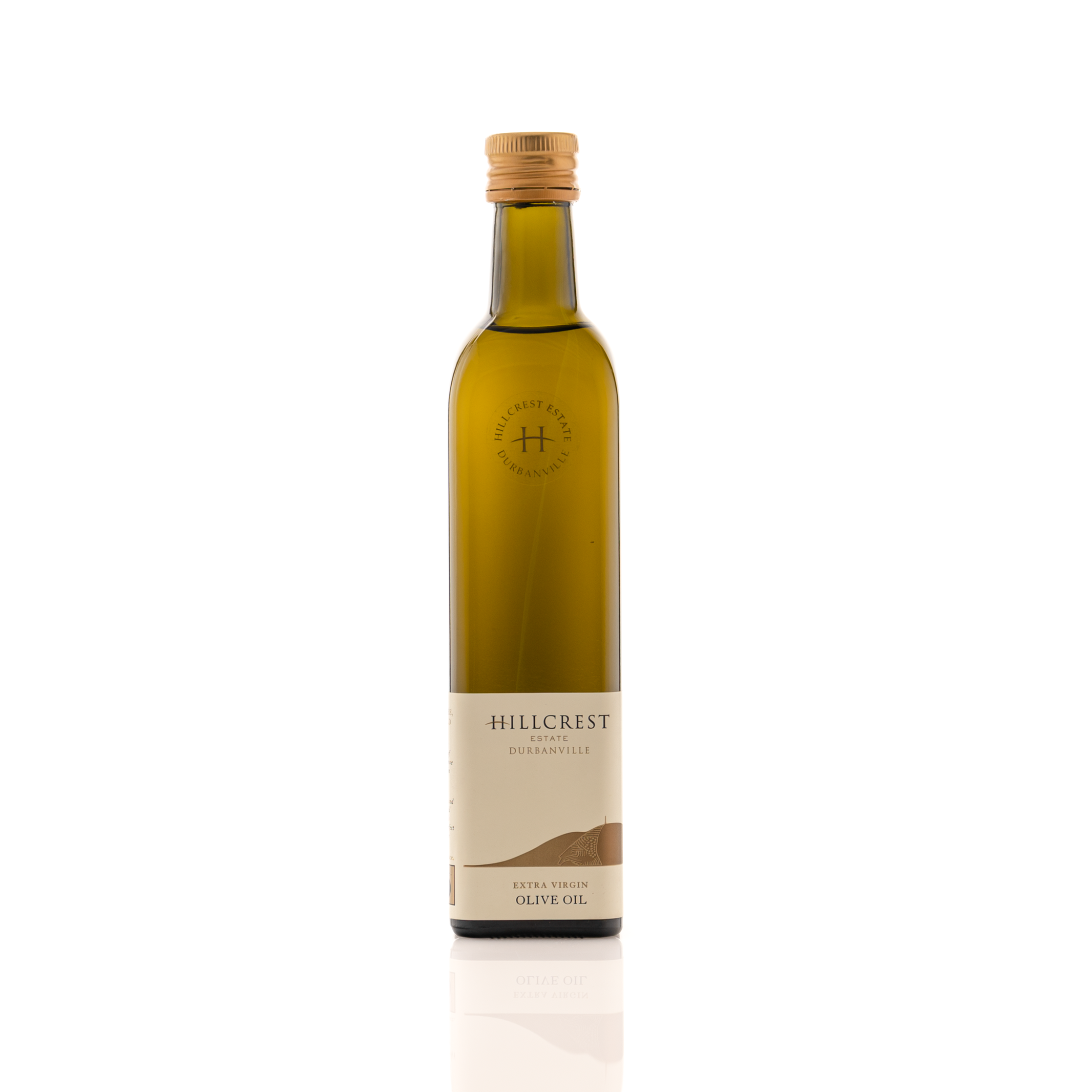Understand All Regarding Olive Oil and Its Important Function in Mediterranean Food
Olive oil, a necessary ingredient in Mediterranean food, has a rich history crossing thousands of years. This functional oil, readily available in ranges like extra virgin and infused, adds unique tastes and wellness benefits to a range of recipes, from salads to pasta - olive oil for sale. It's not just its culinary significance that makes it a staple, yet additionally its possibility for improving heart health and wellness and overall health. This write-up intends to deepen your understanding of olive oil and its integral role in Mediterranean way of life and cuisine.
The History and Origin of Olive Oil in the Mediterranean
Identifying Kind Of Olive Oil and Their One-of-a-kind Attributes
Looking into the world of olive oil, one quickly uncovers an unusual selection of types, each flaunting one-of-a-kind qualities and taste profiles. Extra virgin olive oil, the best quality, is renowned for its full-bodied taste and reduced acidity. Virgin olive oil, though much less luxurious, supplies a balanced preference and a slightly greater level of acidity degree. Pure olive oil, a mix of cold-pressed and refined oils, possesses a lighter flavor and shade, making it suitable for food preparation as opposed to clothing. Light and added light olive oil, unlike their names, do not refer to calorie web content but rather to their shade and flavor, which are the lightest amongst all kinds. Lastly, instilled olive oils, which are imbued with herbs, spices, or fruits, add a special spin to conventional olive oil.
The Manufacturing Process: From Olive Grove to Container
Understanding the various kinds of olive oil and their special characteristics is simply the beginning. The production procedure, from olive grove to container, is a fascinating journey steeped in tradition and precision. It begins in the olive groves, where the fruit is harvested at the optimum time to guarantee the best taste. The olives are then rapidly transferred to the mill to stop perishing. Below, they are cleaned and squashed into a paste. The paste is mixed, allowing our website the oil to separate from the pulp. This oil is then pressed and filteringed system, causing the best of olive oil. The process is precise, showing the value of this gold liquid in Mediterranean cuisine.
Olive Oil's Contribution to Mediterranean Dishes
Instilling a variety of Mediterranean meals with its distinctive taste, olive oil makes its mark as an essential active ingredient. It imparts a rich, durable taste to salads, pasta, and baked veggies, while including a silky appearance to sauces and dips. Its use is not restricted to mere food preparation; it also serves as a clothing for salads and a dipping sauce for bread. In Mediterranean cuisine, olive oil is utilized freely, not simply for its Read Full Report taste, yet additionally for its capacity to enhance the flavors of various other ingredients. It's no overestimation to say that olive oil is the foundation of numerous Mediterranean dishes, giving an underlying note of flavor that binds with each other varied components. The importance of olive oil in Mediterranean cuisine is unquestionable; it truly defines the area's cooking identification.
Wellness Advantages of Olive Oil: Why It's a Mediterranean Diet Staple

Conclusion
To conclude, olive oil, ultimate to Mediterranean food, has a rich history and unique manufacturing process. Its numerous kinds each possess special tastes, improving a myriad of meals and adding to the diet regimen's general health benefits. As it proceeds to be an irreplaceable staple, olive oil's influence extends past the kitchen, significantly influencing heart wellness and general health. The trip of olive oil truly illustrates the essence of the Mediterranean way of life.